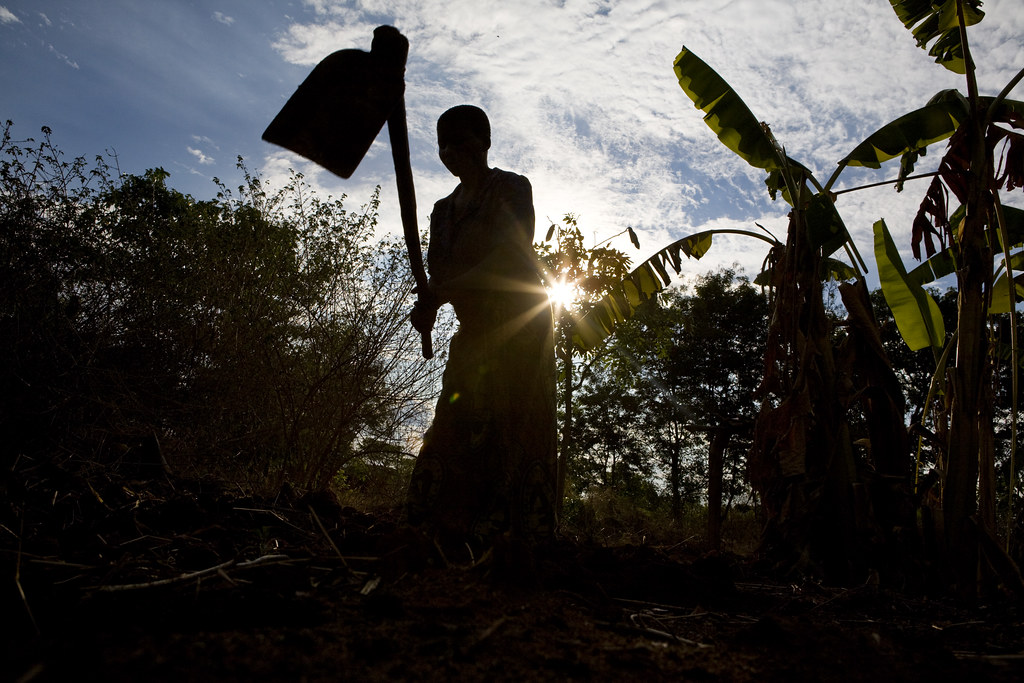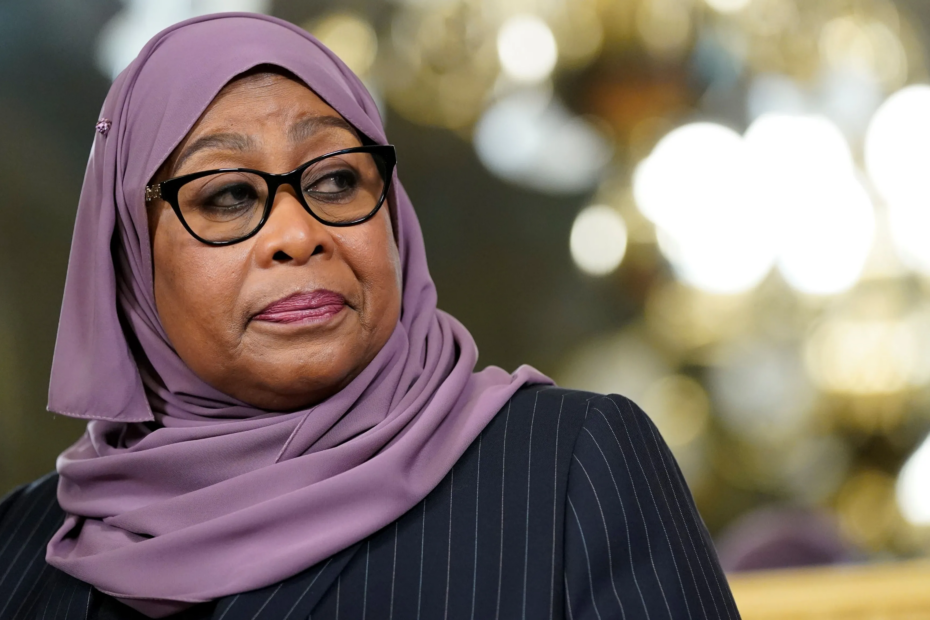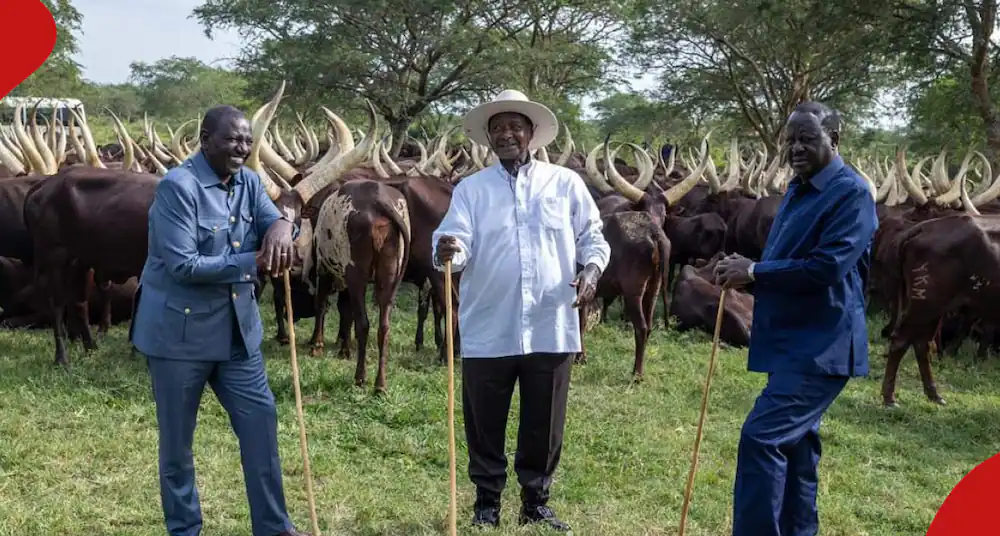In a bold stride towards a globally viable future, Tanzania’s government has proposed six major amendments to its foreign policy. These changes aim to tackle contemporary issues while aligning the nation’s objectives with the evolving global dynamics. The reforms, presented at a conference in Dar es Salaam, were met with an impressive exchange of ideas and constructive critique from various stakeholders.
Cherishing Traditions Amid Globalization
The government’s proposed reforms give particular emphasis to preserving Tanzania’s rich heritage and traditions amid rapid globalization. The aim is to safeguard the nation’s cultural identity through a revised foreign policy framework, ensuring that Tanzania’s uniqueness is not lost in the global narrative. This is expected to bring about a sense of pride and belonging among the citizens. Additionally, It will present an opportunity for cultural exchange with other nations. Read Also: 9 tips for investing in Africa
Economic Diplomacy at the Forefront
Economic diplomacy emerges as a critical feature of these proposed changes. The Tanzanian government aims to adeptly navigate the intricacies of the global economy by developing a specific strategy focusing on coordinating economic diplomacy. The spotlight is also on the blue economy, indicating a commitment to sustainable growth. Improved trade and investment policies and emphasising regional economic integration are expected to drive Tanzania towards greater prosperity.
The Globalization of Kiswahili
One of the most unique aspects of Tanzania’s proposed foreign policy reforms is the emphasis on the globalization of Kiswahili. As the lingua franca of East Africa, Kiswahili’s influence extends beyond Tanzania’s borders. The government aims to boost global cultural ties and enhance national soft power by promoting the language internationally.
The Citizen reports that promoting Kiswahili worldwide will not only help internationalise Tanzania’s culture but also contribute to socio-economic growth. Moreover, the move is expected to improve diplomacy, foster mutual understanding, and facilitate effective communication among different nations. Thus, the globalization of Kiswahili forms an integral part of Tanzania’s revamped foreign policy.
Greater Inclusion and Diaspora Engagement
The revised foreign policy framework acknowledges the essential role of Tanzanians living abroad and individuals of Tanzanian origin from other countries. It emphasizes significant diaspora participation and inclusivity, particularly addressing gender and youth issues to make foreign policy more representative and diverse. This will also involve working towards protecting the rights and interests of Tanzanian diaspora communities.

Climate Change and Other Global Issues
Tanzania also focuses on global issues such as climate change and peacekeeping as part of the proposed reform. The new policy framework emphasizes Tanzania’s commitment to addressing climate change, recognizing its potentially devastating impact on the country’s environment and economy. The government intends to adopt sustainable practices and advocate for global climate action to mitigate these effects. Read Also: Tanzania’s Efforts to Build Climate Resilience
Moreover, Tanzania aims to be an active participant in international peacekeeping operations. The country acknowledges the need for peaceful coexistence and promotes global peace and security as integral aspects of its foreign policy. This enhanced focus on climate change and peacekeeping efforts signifies Tanzania’s commitment to playing a more substantial role in addressing global challenges.
Gender and Youth Issues
Regarding gender and youth issues, the proposed foreign policy reforms aim to provide a platform for the dynamic and substantial participation of women and young people in Tanzania’s foreign affairs. The government recognizes that including these is critical in shaping a robust, future-oriented foreign policy. Strategies are being stated to promote gender equality and empower the youth, acknowledging their potential to contribute to the country’s progress on an international scale. Women and youth are seen as powerful agents of change who can contribute to the development of society, not just within Tanzania but in the global arena as well.
Bottom Line
The Tanzanian government’s proposed foreign policy reforms are a step towards addressing current challenges and aligning with evolving global dynamics. With a focus on preserving traditions, prioritizing economic diplomacy, promoting Kiswahili, and emphasizing inclusivity, Tanzania demonstrates its commitment to navigating the complexities of the global economy while safeguarding its unique cultural identity.



